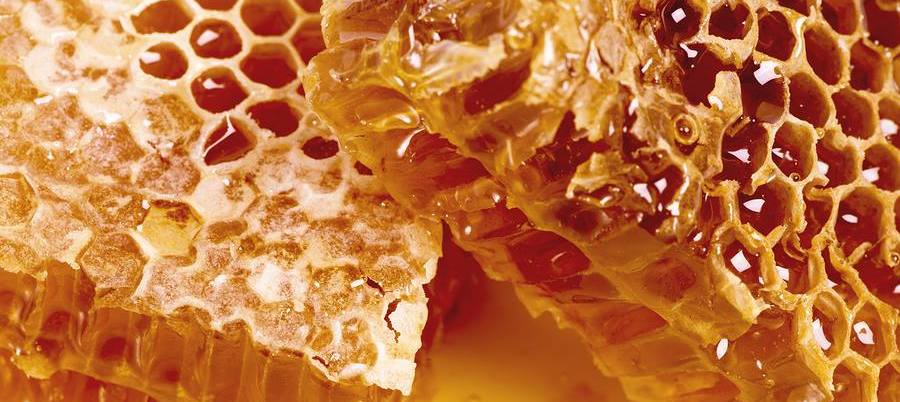Mindfullness and Beekeeping
Posted on 18th July 2020 at 19:49
Beekeeping is often seen as an absorbing past time, a passion for those who take on the responsibility of looking after a colony of honeybees. Managing of honeybees which, for the most part, are a feral entity although living in a vessel provide by humans.
Management of honeybees ranges from do nothing on one end of the spectrum to vigorous, active management on the other. One can argue the merits of either approach and all points in between and beekeepers often do, but what is not in question is that bees are a wonderment to those who look after them and to a broad swathe of the general public.
Honeybees are generally seen as a threatened species in the modern landscape and a poster girl for environmental issues, just behind their fluffy cousin the Bumblebee. Fascinating, wondrous, scary, fast, industrious, amazing, puzzling, are just a few of the words used to describe a honeybee colony. It is a very hard soul indeed that has a guided tour to the inside a bee hive without being moved by some element of their life style.
There is an otherworldliness to a honeybees colony. The bees are still intimately connected with the seasons and nature’s complicated rhythms in a way that we humans have lost in our urban setting. In managing our bees we begin to be reconnected with those lost rhythms. Understanding our bees, anticipating their wants and needs takes us away from the daily cares of modern life. Looking after another entity is a deep seated trait in us humans. In focusing our attention on something that distracts our minds from the turmoil of daily life, our multi-tasking brain is allowed a time to settle on a single subject and to the exclusion of other clutter. As we go about our exploration of the colony a sense of calm and peacefulness descends. The focus is the here and now.
Non beekeepers will say “what about getting stung” and highlight the jeopardy of the exercise. Stinging is the bees response to the invasion of the hive. However, if you pick the right day i.e. warm, not too windy, and work smoothly the bees will allow you to disturb the hive without paying the penalty. Perhaps the regular visits to the hive habituate the bees to our incursions and we might consider the bees to be, in part, domesticated. Part of the reconnection is realising you have to put your schedule aside and work to the rhythm of the colony and the weather. It is not about you.
Claire is a district nurse in North West Leicestershire. She took over looking after the family bee hive when her husband Kevin became seriously allergic to bee venom. Claire took The Bee Farmer’s foundation course in beekeeping which gave her the confidence and knowledge to actively manage her bees. Claire admits she is very much a novice but it is not about the skill level. The bees are an escape from the pressures of a demanding job at a very demanding time. (As I write we are in the middle of the COVID-19 pandemic in the UK, July 2020). The element that appeals to Claire is that in her professional world she has to work to strict protocols and is initially reactive to incoming situations. In beekeeping there is a level of certainty because of the understanding we have of the bees and Claire has some control of the outcomes. There is a freedom to be creative and try management techniques. And just to keep it interesting no two hives are the same. Keeping bees gives Claire’s mind a place of calm retreat. Her experience is echoed by the many beekeepers that hold executive positions. The brain is busy but beekeeping provides a respite.
To book your experience the otherworldlinees of honeybees with the Bee Farmer click HERE

Click HERE to book a place on the next Foundation course,
Click HERE to contact me to discuss how we may engage your staff or the public using the company's Corporate Responsibility or Marketing budget.
Click HERE to contact me to begin a conversation about your ideas you may have in the beekeeping line.
Share this post:








